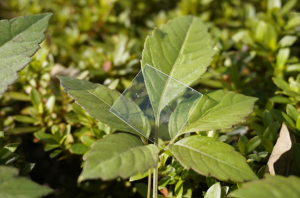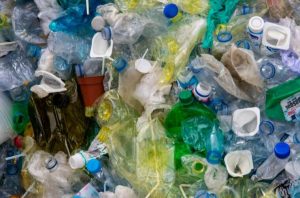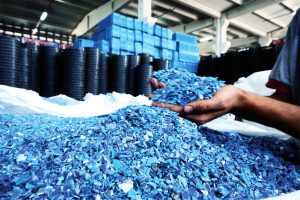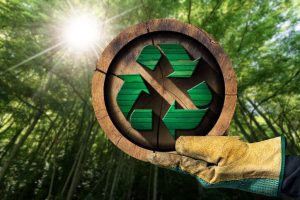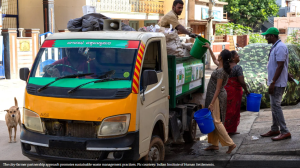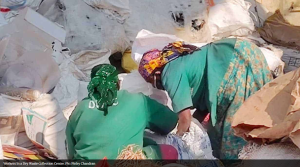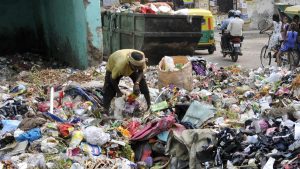
India’s Rs 1,500 Crore Plan For Critical Mineral Recycling
The Indian Union Cabinet has approved a budget of ₹1,500 crore to boost recycling of critical minerals. The scheme aims to strengthen India’s domestic capacity. It will run from FY 2025-26 to FY 2030-31. The initiative will cover e-waste and lithium-ion battery recycling. Government expects to significantly increase annual recycling capacity, and also generate employment.

